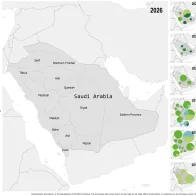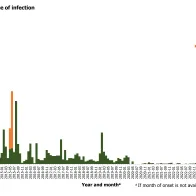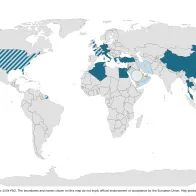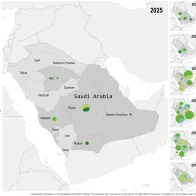Middle East respiratory syndrome coronavirus (MERS-CoV)

MERS-CoV is a virus that belongs to the coronavirus family. It was first found in Saudi Arabia in September 2012. Although it is still not entirely clear where MERS-CoV came from, experts believe it originated in bats and was then transmitted to dromedary camels. The majority of human infections with MERS-CoV have been reported in the Middle East. Sporadic cases with a travel history or connection to the Middle East have been reported in the EU/EEA.
MERS-CoV is a zoonotic virus meaning that it can be transmitted between animals and humans. Dromedary camels are considered the primary source of human infection that has been reported in Middle East, Africa, and South Asia. Human-to-human transmission of MERS-CoV is possible and has mainly occurred among close contacts and in health care settings. However, outside of health care settings, there has been very limited human-to-human transmission.
Symptoms of MERS-CoV infection can range from asymptomatic to severe respiratory disease, potentially resulting in death. Typical symptoms of MERS include fever, cough, and shortness of breath. Additionally, pneumonia and gastrointestinal symptoms such as diarrhoea have been reported among MERS patients.





